Optimal Timing for Masonry Services
Masonry service scheduling depends on various factors including weather conditions, material type, and project scope. Optimal timing ensures durability and quality results, with many professionals recommending specific seasons for different types of masonry work.
Spring offers moderate temperatures and lower humidity, making it ideal for masonry work. It allows sufficient curing time before summer heat or winter cold.
Summer can be suitable if work is scheduled during cooler parts of the day. High temperatures may cause rapid drying, leading to cracks or weakened mortar.
Fall provides cooler weather and less rain, which helps in proper setting and curing of masonry materials. It is often preferred for large projects.
Winter is generally less suitable due to freezing temperatures that hinder mortar curing and can cause damage to freshly built structures.
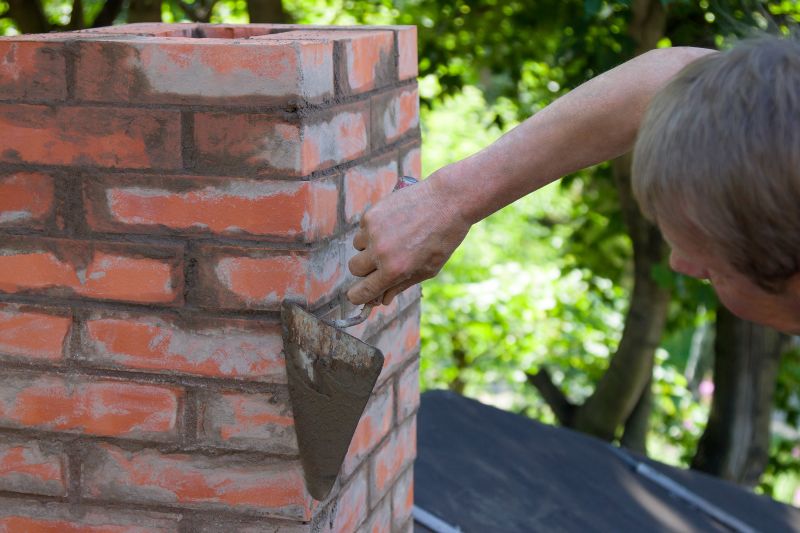
Spring masonry projects benefit from mild weather, ensuring optimal curing conditions.
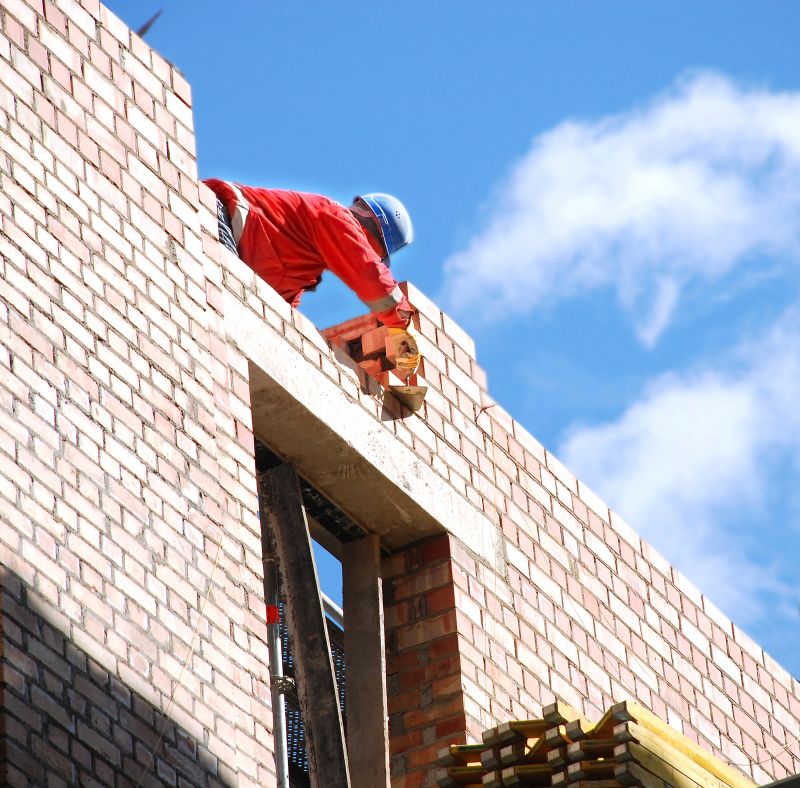
Summer requires scheduling during cooler hours to prevent mortar issues.
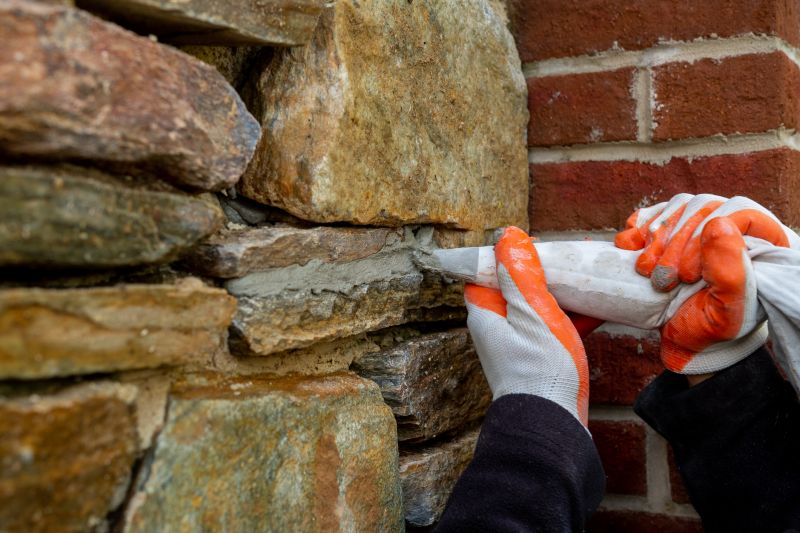
Fall's cooler temperatures support effective masonry work and curing.
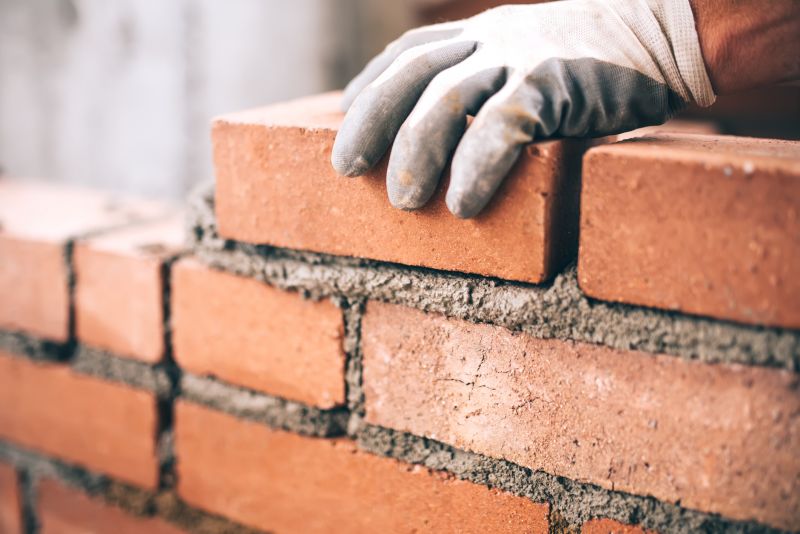
Winter masonry is challenging due to cold temperatures and potential for freeze damage.

Ways to make Masonry Service work in tight or awkward layouts.
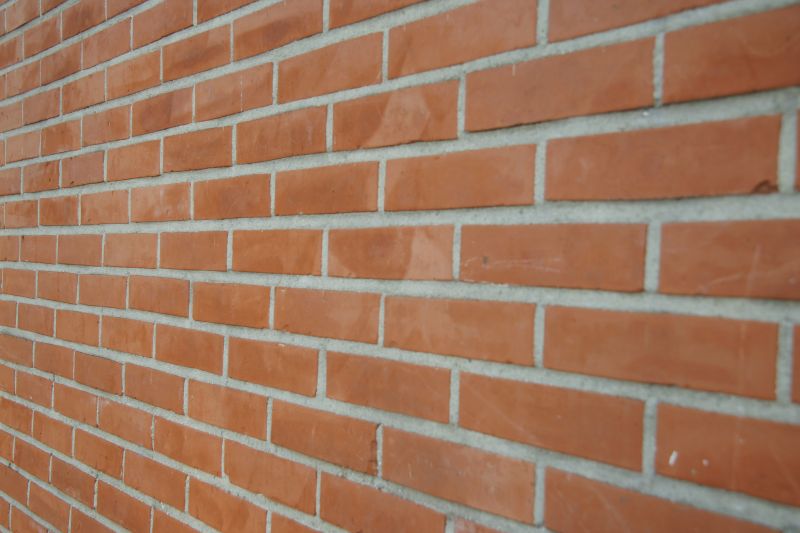
Popular materials for Masonry Service and why they hold up over time.
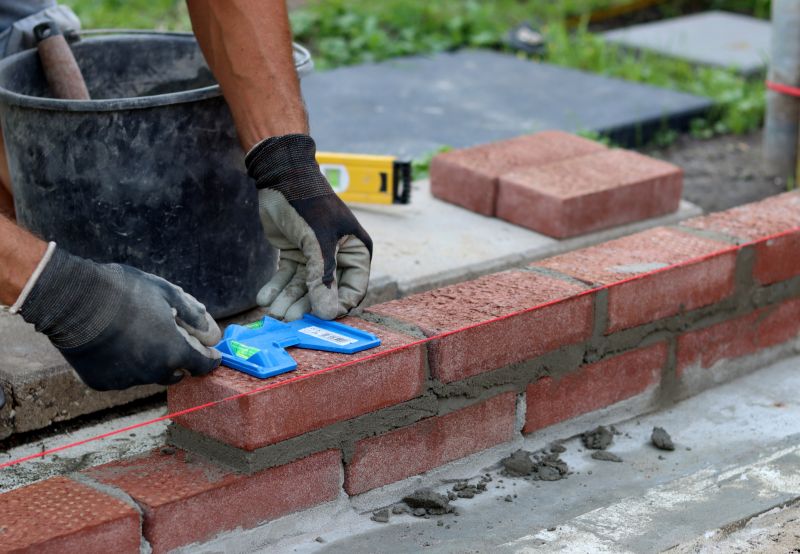
Simple add-ons that improve Masonry Service without blowing the budget.
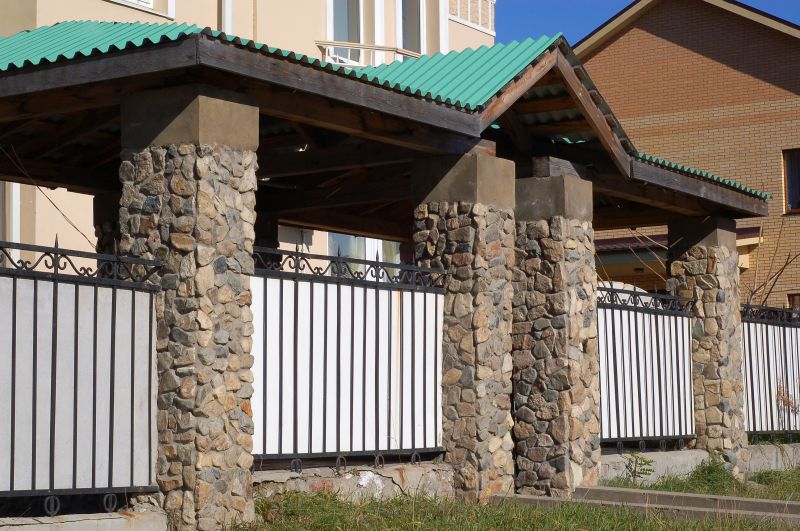
High-end options that actually feel worth it for Masonry Service.
| Season | Best Practices |
|---|---|
| Spring | Schedule during mild weather, allow ample curing time. |
| Summer | Work during cooler parts of the day, monitor mortar drying. |
| Fall | Ideal for large projects, take advantage of stable weather. |
| Winter | Generally discouraged due to freezing temperatures. |
Masonry service involves constructing or repairing structures using materials such as brick, stone, or concrete blocks. Proper timing enhances the longevity and appearance of masonry work. Weather conditions play a crucial role, with appropriate scheduling reducing risks like cracking, mortar failure, or structural issues.
Statistics indicate that masonry projects completed in optimal weather conditions tend to have fewer repairs and longer service life. For example, proper curing in moderate temperatures can extend the lifespan of masonry by up to 20%. Understanding seasonal impacts helps in planning and executing projects efficiently.
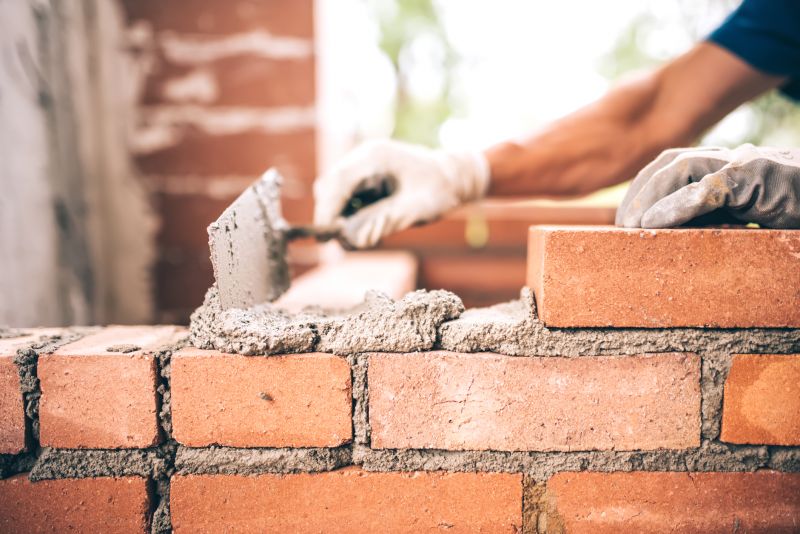
High-quality masonry work performed under suitable weather conditions ensures durability.
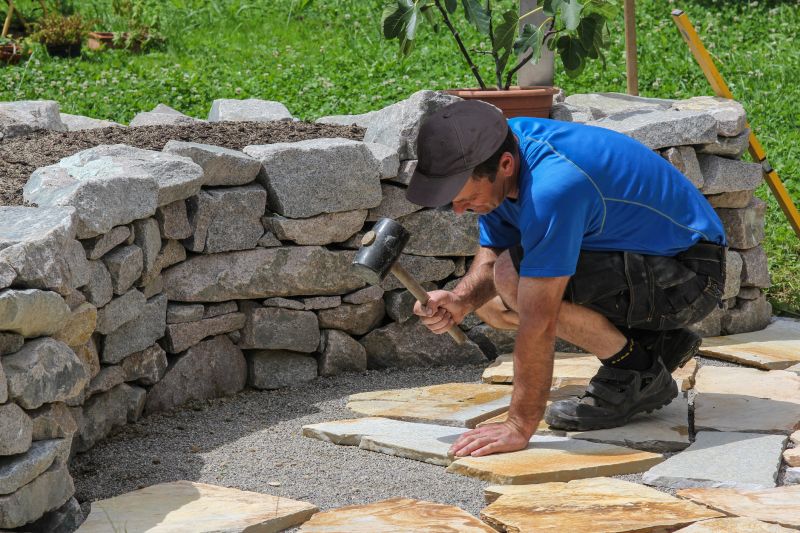
Properly timed projects result in visually appealing and long-lasting structures.
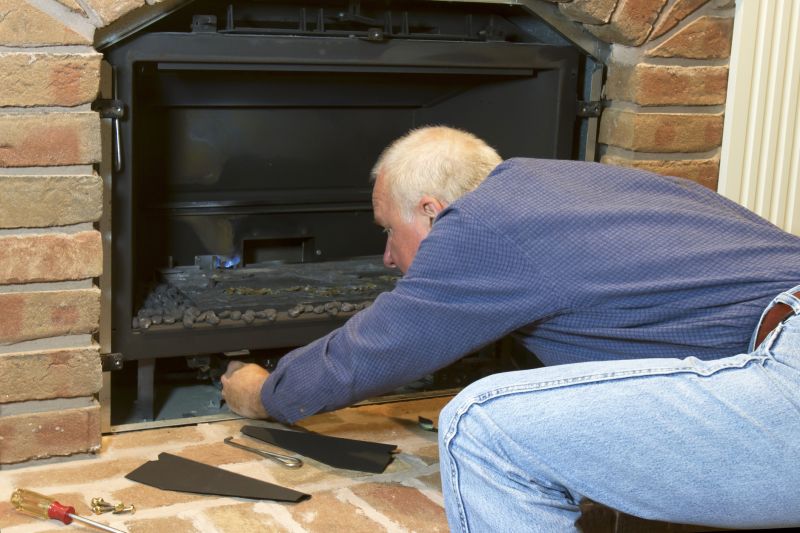
Different seasons require tailored approaches for optimal results.
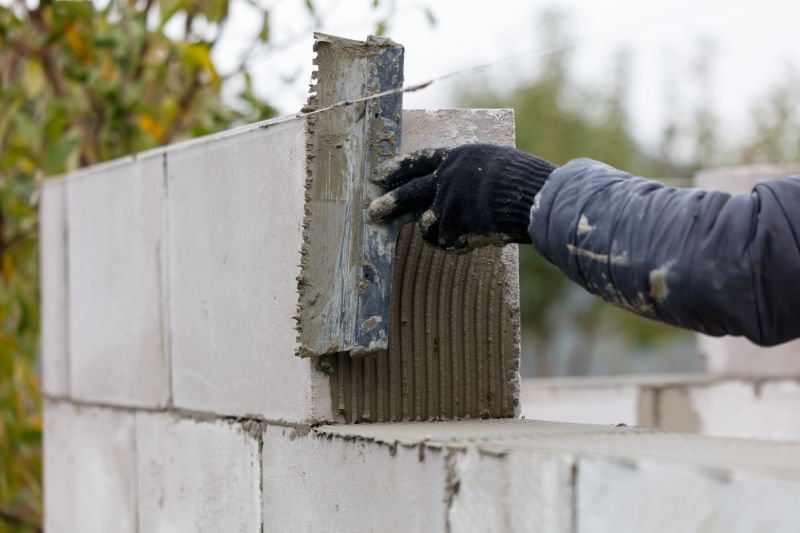
Using the right tools and materials at the correct time enhances project quality.
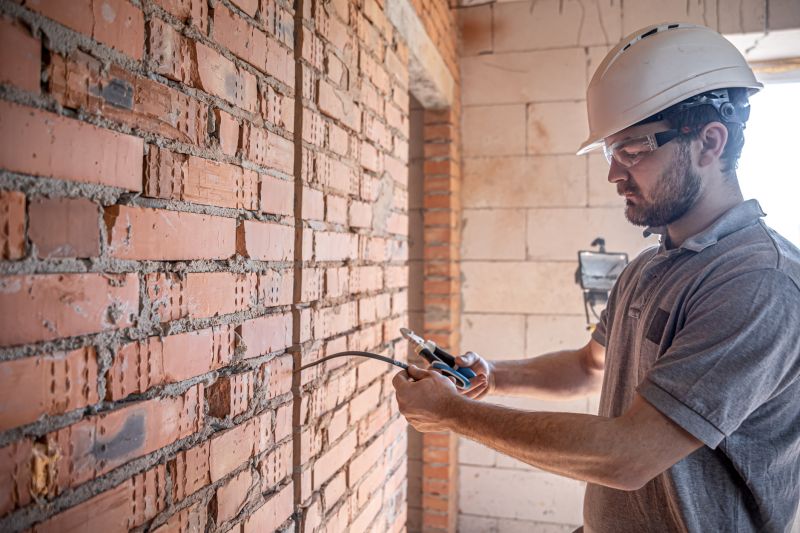
Finishes and colors that play nicely with Masonry Service.

Little measurements that prevent headaches on Masonry Service day.
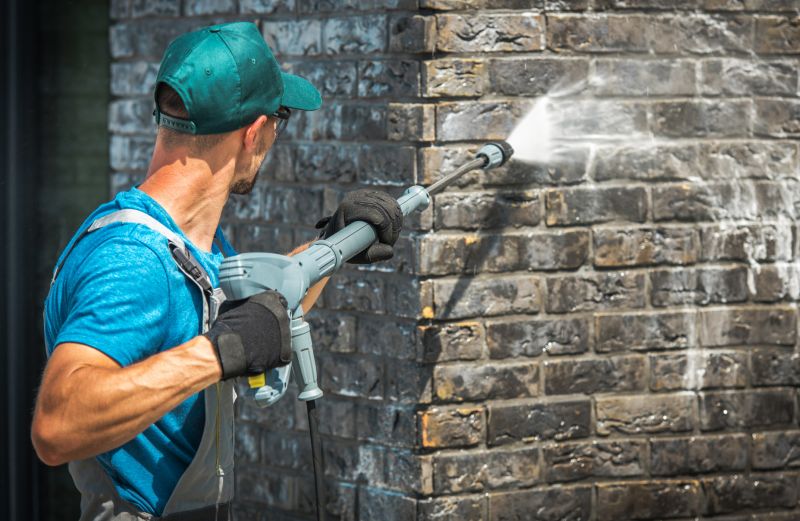
A 60-second routine that keeps Masonry Service looking new.

A frequent mistake in Masonry Service and how to dodge it.
Interested in scheduling masonry work? Filling out the contact form allows for consultation on the best timing based on specific project needs and local weather patterns. Proper planning can lead to better results and longer-lasting structures.

